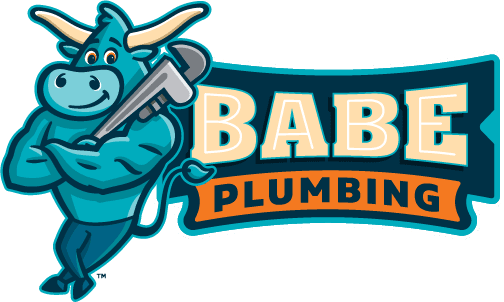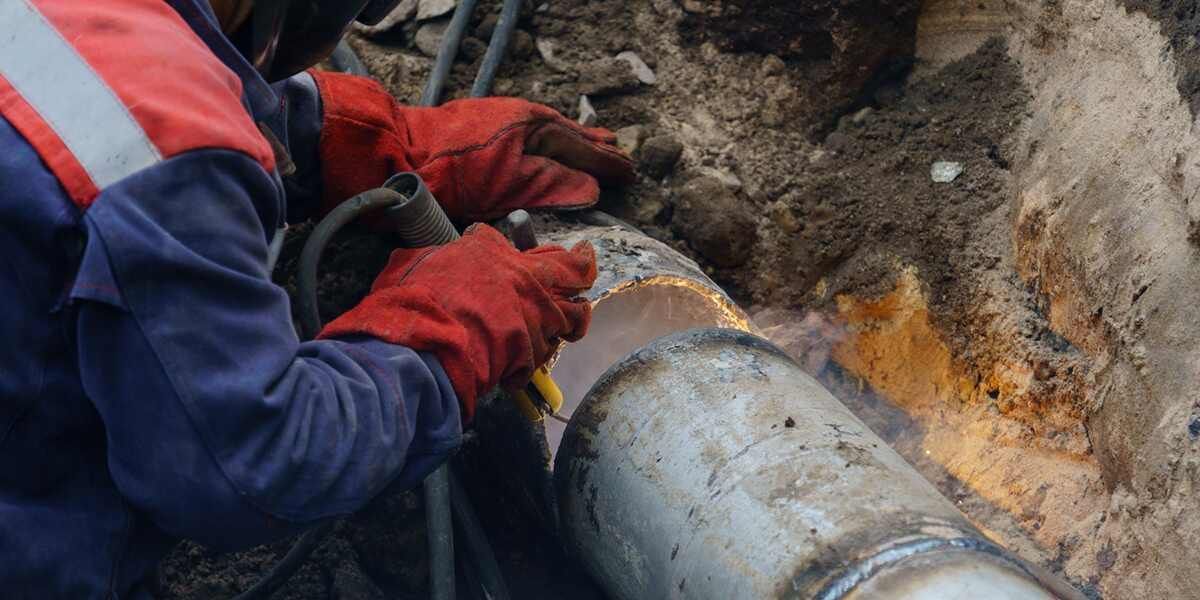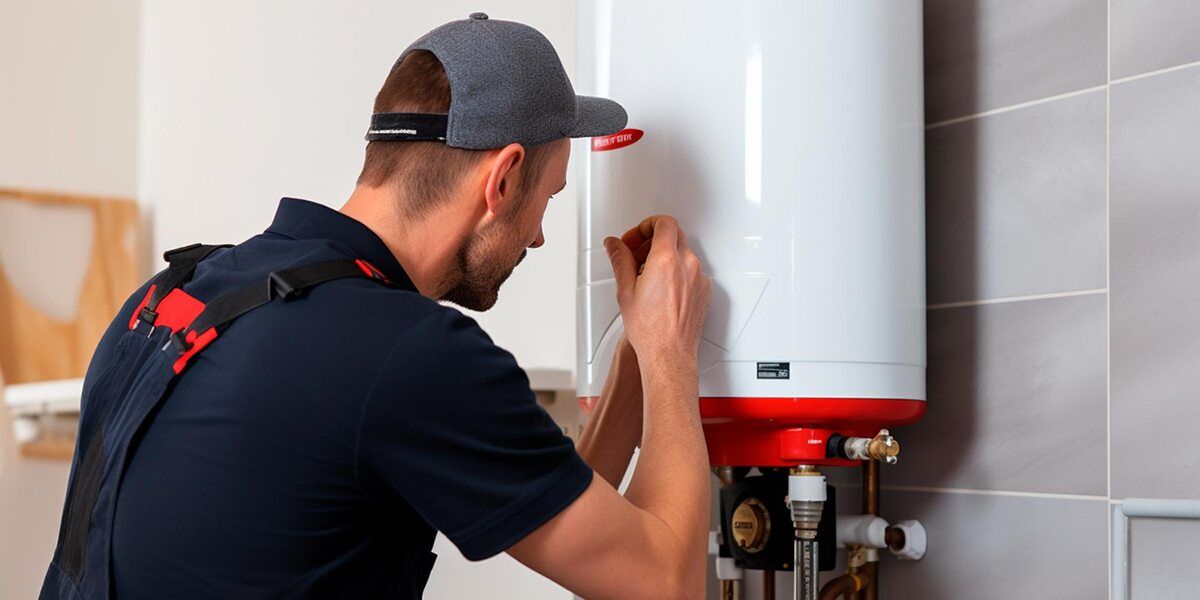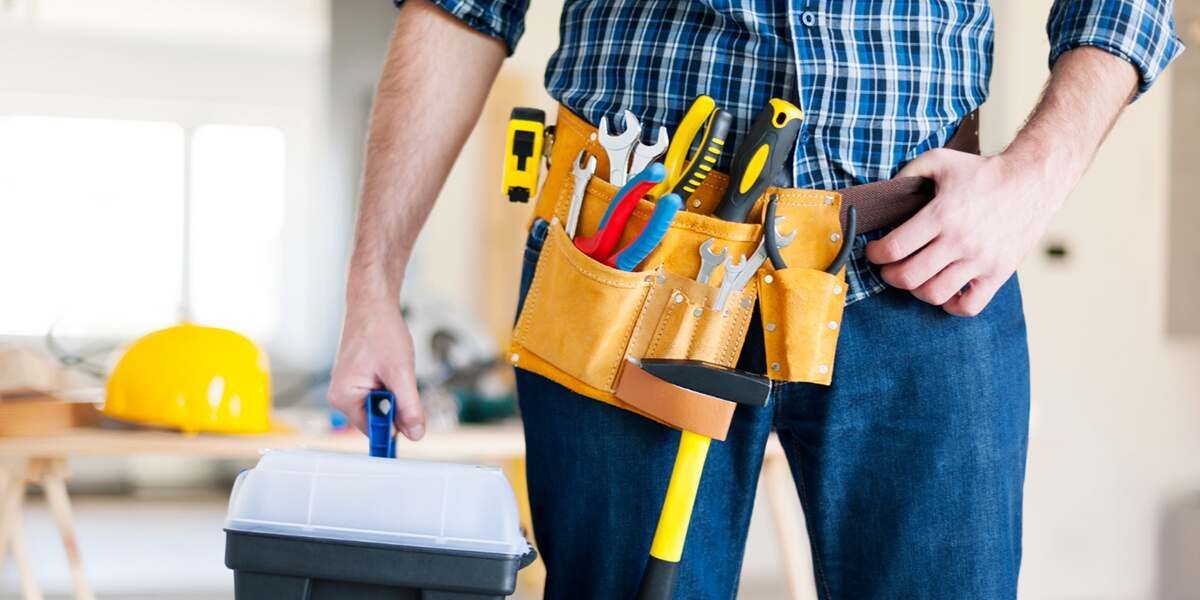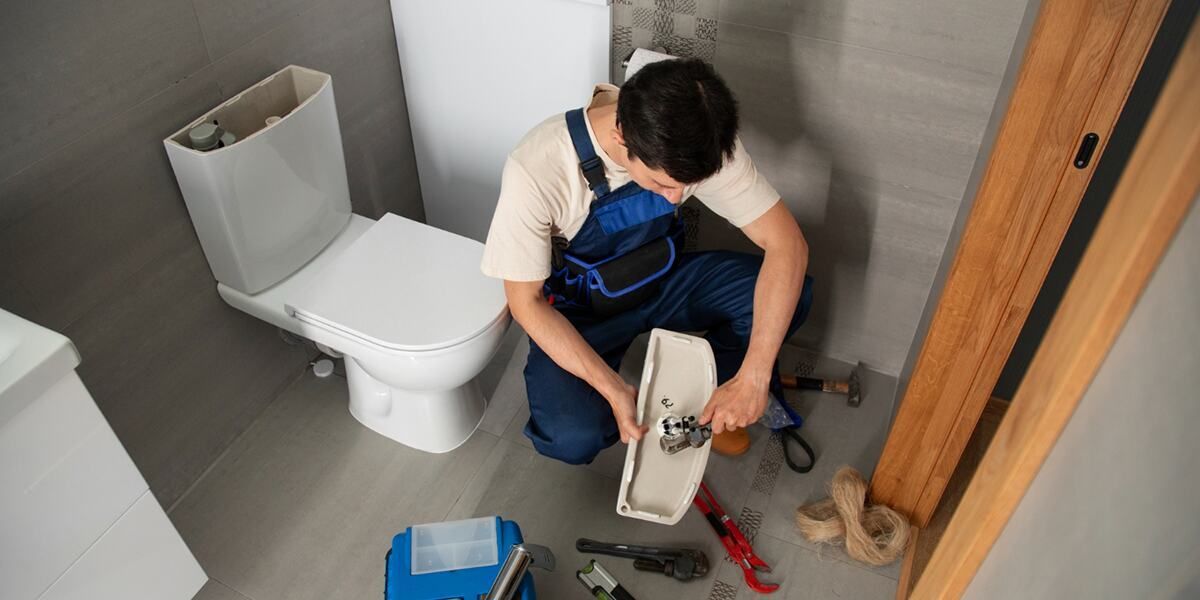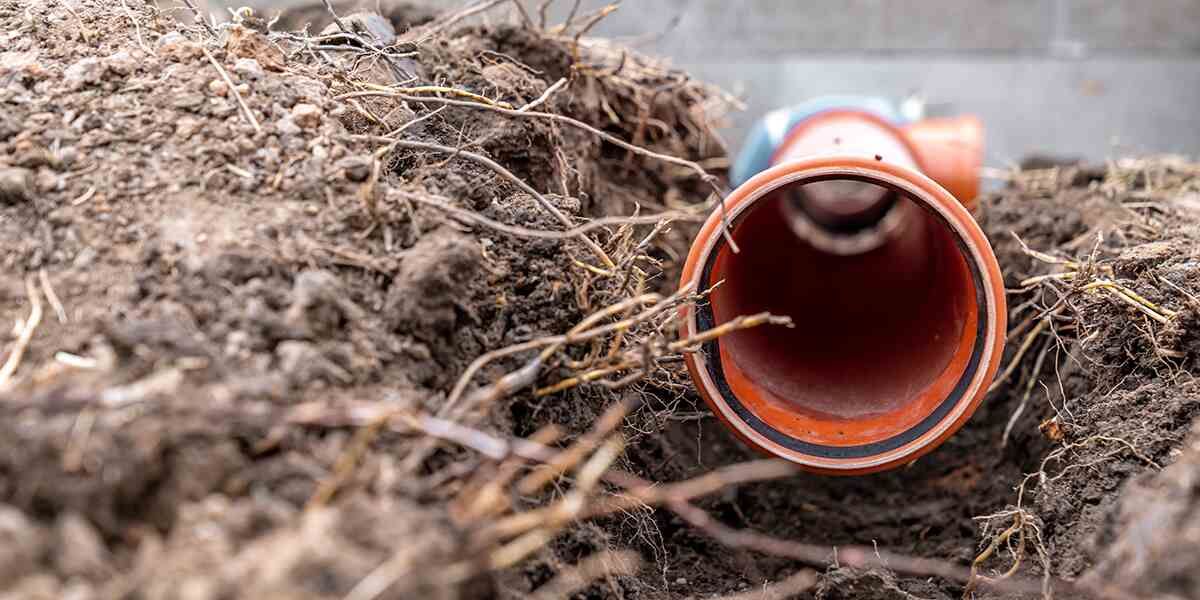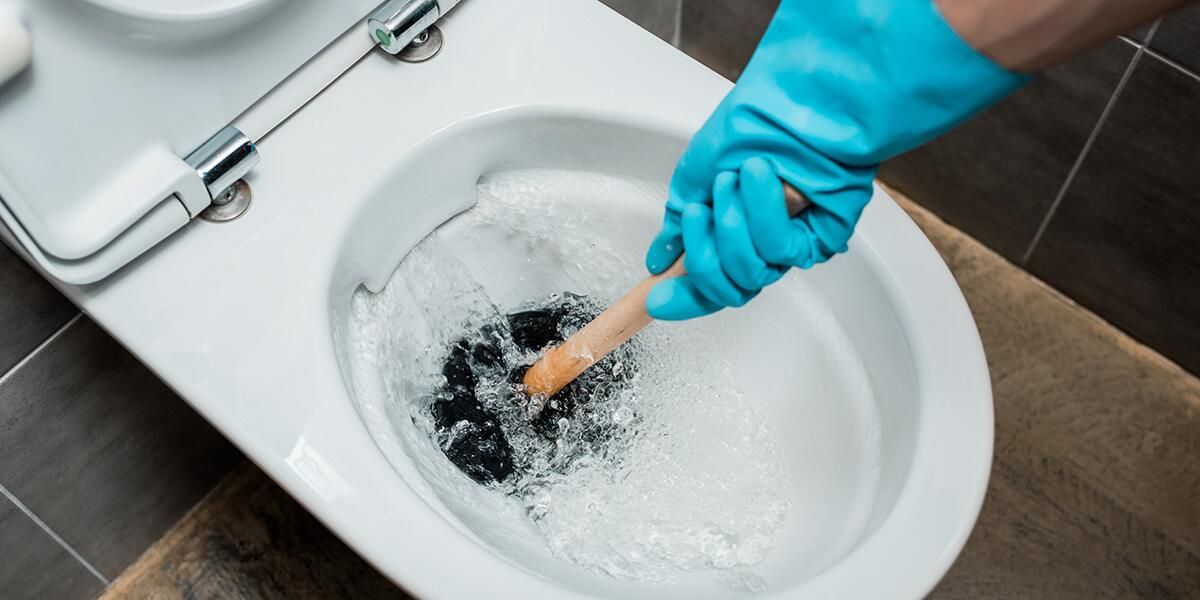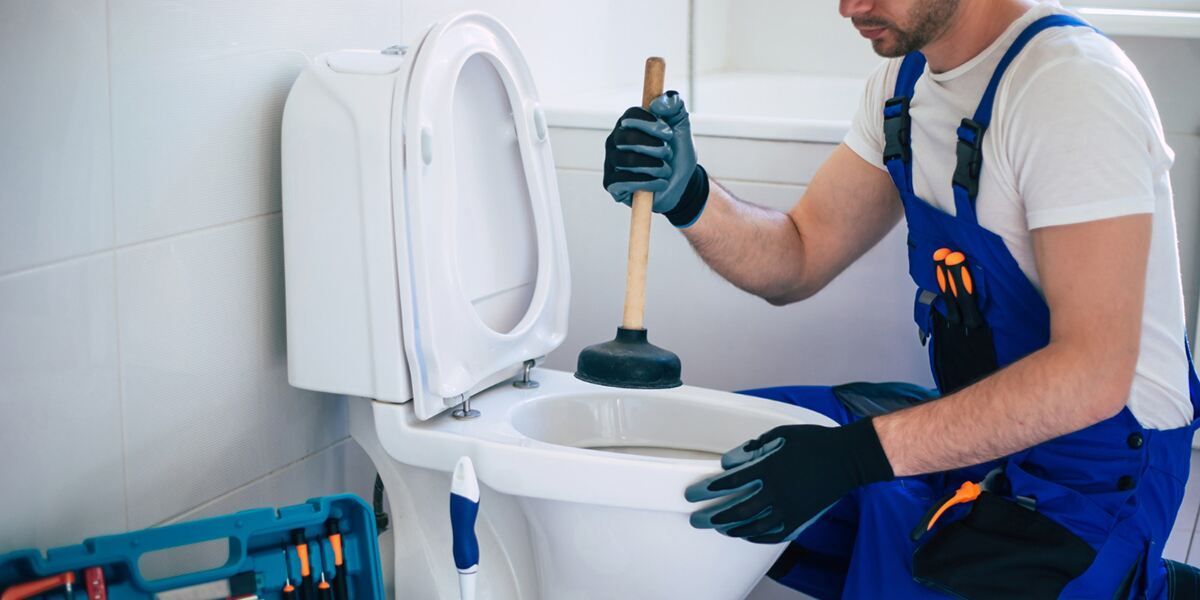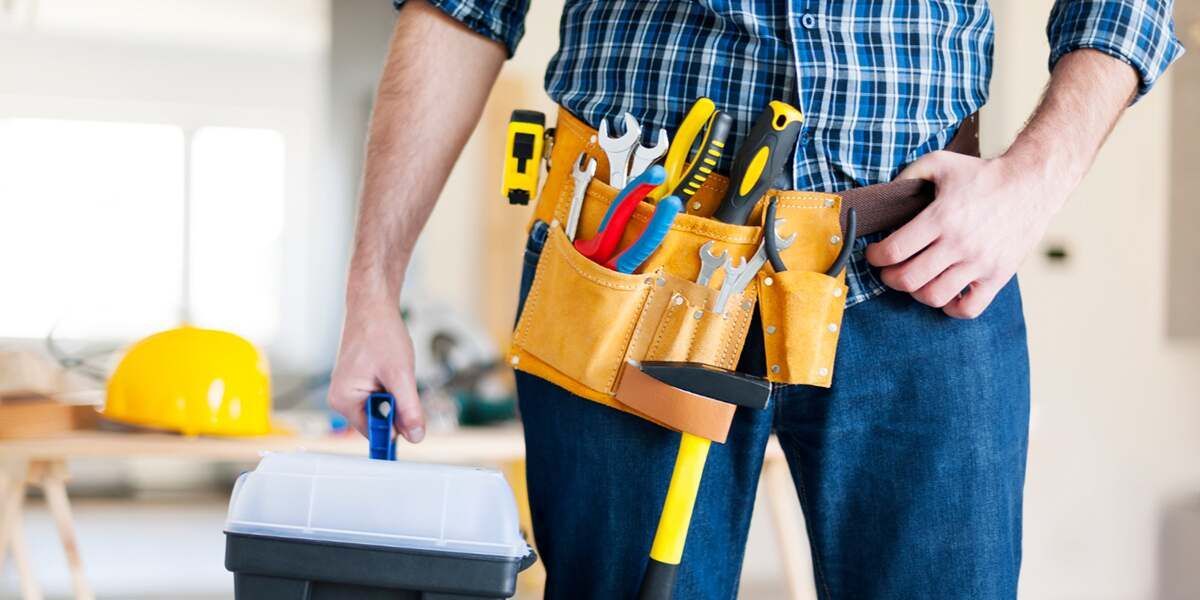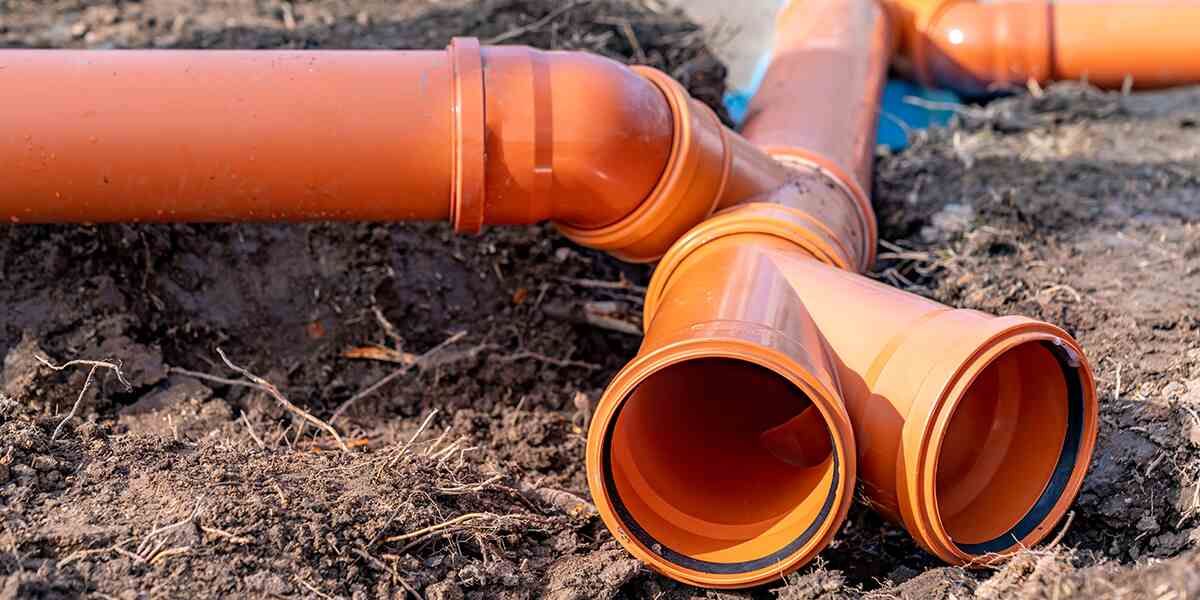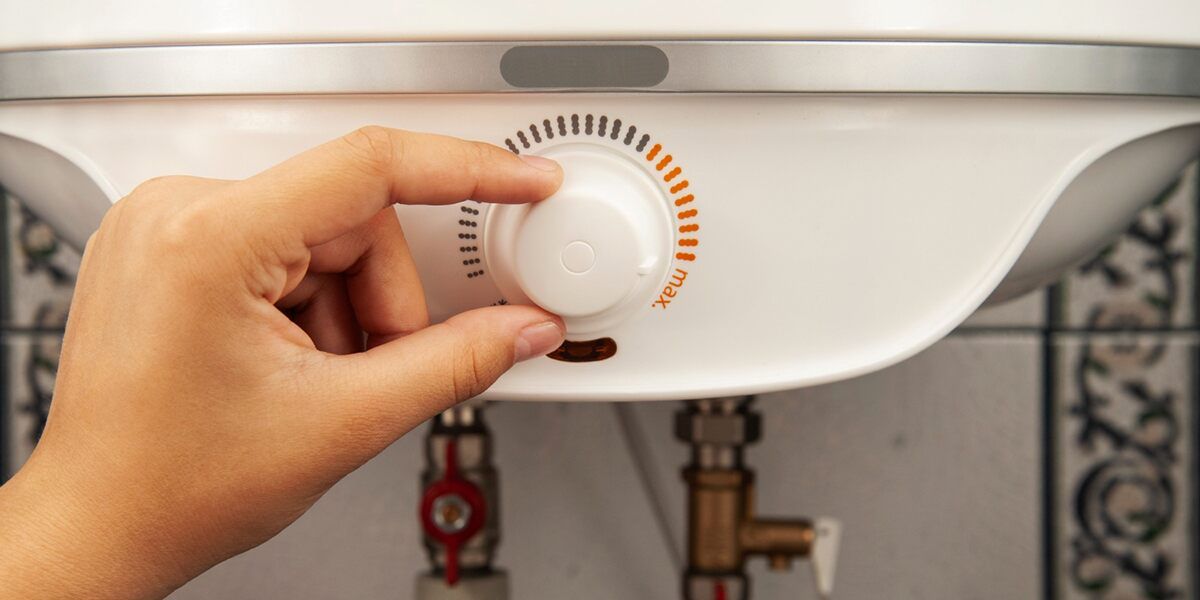Is a Leaking Water Heater Dangerous?
Stop water heater problems in their tracks by contacting the specialists at Babe Plumbing. Call today to schedule a service.
It's never a good sign when you hear the constant dripping of water or notice a puddle on the floor. Leaks in any part of your plumbing system require fast action and repairs. Is a leaking water heater dangerous enough to need an emergency replacement?
This guide breaks down everything you need to know about the dangers of leaking water heaters and how to address the issue. If your water heater starts leaking or malfunctions, you need a skilled plumber in Chaska, MN. Contact the experts at Babe Plumbing for fast, reliable plumbing repairs.
Signs You Have a Water Heater Leak
Your hot water heater is one of the most important plumbing fixtures within your home. Thankfully, it's fairly easy to tell when the unit needs a professional inspection. You might experience the following warning signs of a leaky water heater:
- A sudden change in your hot water supply
- Poor water pressure
- Water leaking from the ceiling (if the water heater is on a higher floor)
Keep an eye out for these warning signs and contact a professional plumber right away to inspect the damage. Delaying service will cause the leak to worsen and leave you dealing with more water damage to your property.
Common Hazards of Water Heater Leaks
How is a leaking water heater dangerous for homeowners? A leak in the tank not only limits your hot water supply and water pressure level but presents several safety hazards as well. Check out the top safety concerns with water heater leaks below.
Flooding Your Property
Conventional water heaters can hold dozens of gallons of water. When the unit springs a leak, all of that water can rush from the tank and flood your property. This can cause significant damage to a home or business and force you to pay up to thousands of dollars in water damage restoration.
Your water heater leak risks will be even greater if your tank is located above the ground floor. Water will seep into the floor and through the ceiling of the level below, extending the amount of property damage you have.
Burning Your Skin
Imagine sticking your hand in a pot of boiling water. This is extremely dangerous and can cause severe burns to your skin. Dealing with a leaking water heater has some of the same risks.
The tank fills up with scalding water and keeps it there until you turn on your faucets or shower to the hot water setting. Inspecting the area around your tank and coming in contact with a leak can burn your skin. Be cautious when checking for water heater leaks, and keep young children or pets away from the area for their safety.
Gas Leaks
Not only is a leaking water heater dangerous on its own, but the problem could stem from a gas leak, which poses even more risks. Gas flowing throughout your home, especially near heat sources, is an extreme fire hazard. Call an HVAC technician immediately and evacuate the house for safety if you suspect a gas leak.
Causes of a Leaking Water Heater
In addition to knowing the risks of a leaking hot water heater, it's important to understand what causes the leak. One of the most common issues that results in a leak is a malfunction in the temperature and pressure valve. This piece of equipment regulates both the temperature of the water inside the tank as well as the pressure inside the tank as the temperature rises.
The valve serves as a safety feature and will automatically shut the tank off if the temperature gets too high, therefore resulting in excess pressure inside the tank. The valve will release some of the pressure, but if it's malfunctioning, the immense pressure can cause the tank to burst.
Another reason why you might have a leaking water heater is because of sediment buildup within the tank. As sediment accumulates along the bottom of the tank, it can corrode the metal to the point where small holes appear in the tank.
How To Maintain Your Hot Water Heater
When you ask a plumbing professional, "Is a leaking water heater dangerous?" they will tell you that it is dangerous but also preventable. Government reports find that 18% of the average household's energy consumption goes toward heating the water supply. You can keep your energy costs low and avoid water heater leaks by following these tips:
- Lower your water heater's temperature settings: Adjusting the water heater's thermostat so it's only a few degrees lower can reduce your energy consumption and prevent building excess pressure inside the tank.
- Insulating the water heater and pipes: Adding an insulative material around the tank and surrounding pipes can keep the water supply warmer, so you waste less energy.
- Upgrading old, less efficient water heaters: If your water heater or its parts are nearing the end of their lifespan, it's best to replace them to avoid leaks or other dangerous malfunctions. Installing a newer model can also improve your home's energy efficiency.
- Scheduling regular water heater maintenance: Have a professional technician inspect your water heater once a year to check its function. They can flush all sediment from the tank and inspect key parts like the gas valve or temperature and pressure valve to make sure they work properly.
When you take steps to maintain your hot water heater, you'll avoid the hazards of tank leaks and other mechanical issues.
Contact Babe Plumbing for Water Heater Repairs and Replacement
With the information above, you no longer have to wonder, "Is a leaking water heater dangerous?" Don't delay calling an expert if you notice your unit is leaking. At Babe Plumbing, we respond fast so you can minimize the consequences of water heater leakage.
We'll give you tips for maintaining your unit and explain why you should replace your water heater before it fails. For high-quality water heater services in Minnesota, call Babe Plumbing at
(507) 418-8387.
Babe Plumbing is a professional emergency plumbing company based in Mankato, MN, with over 40 years of experience serving residents of southern Minnesota.
Our Services
Contact Information
Phone: (507) 625-7162 - Normal Business Hours
All Rights Reserved | Babe Plumbing
